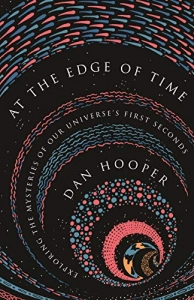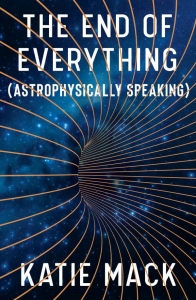Time, Space and Nature of Reality through the Lens of Quantum Theory with Dr Carlo Rovelli
What is time? Is time real or just an illusion? Time is an enigma, a mystery that never ceases to perplex us. Philosophers, poets, painters and thinkers have long debated its significance, while scientists have discovered that its structure differs from our intuitive understanding of it. Our view of time has changed dramatically throughout the years, from Boltzmann to quantum theory, and from Einstein to loop quantum gravity. In the huge cosmos, time moves at various speeds in different places, the past and future differ considerably less than we might assume, and the whole concept of the present vanishes. In this episode of Bridging the Gaps I discuss with Dr Carlo Rovelli the nature of time, the nature of space, and the fundamental nature of reality through the lens of quantum mechanics.
Carlo Rovelli is professor of physics at Aix-Marseille University, where he is director of the quantum gravity group at the Center for Theoretical Physics. He is one of the founders of loop quantum gravity theory and is one of the world’s biggest experts in this field.
In his books and in his presentations Rovelli says time is not what we think it is. He also says that space is not what we think it is. I open our conversation by asking him to unpack these statements for us. We then discuss the “impossibility of now”. In physics, from one moment to the next, the only concept that gives some notion of continuity is the flow of heat; it is the concept of entropy. We discuss how entropy plays an important role in this perceived continuity. Along the way we touch upon the concepts of past, present and future that we hold in our minds. Dr Rovelli’s new book, Helgoland begins with a detailed description of the development of quantum theory in 1925; we discuss the main observations and discoveries that led to the development of quantum theory. We then discuss the fundamental nature of reality by unpacking the statement in one of his books “if the backdrop of space has disappeared, time has disappeared, classic particles have disappeared, along with the class fields, so then what is the world made of?” And finally we discuss the efforts to develop models and theories to reconcile general relativity with quantum theory. We discuss how loop quantum gravity theory attempts to reconcile general relativity with quantum theory.
Complement this conversion with fascinating discussion with Dr Katie Mack on “The End of Everything” and then list to at: Dr Dan Hooper on “Our Universe’s First Few Seconds”




Connect With Us